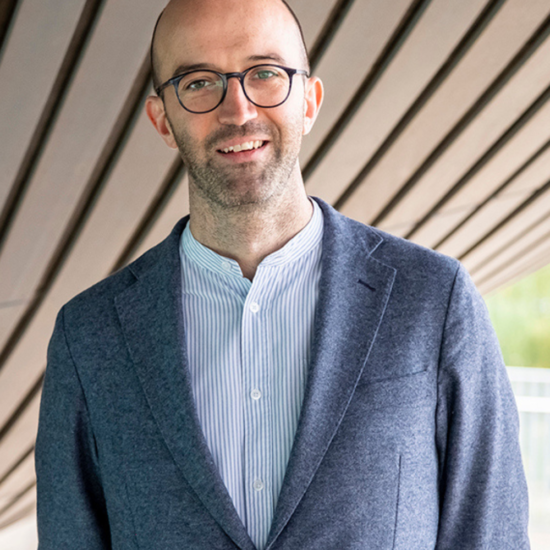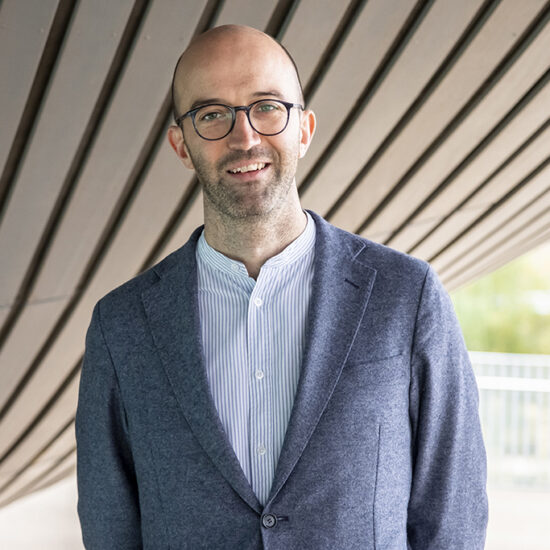Intention Matters As Much as the Money
The government is seeking views on the distribution of nearly £900m from dormant accounts. In this blog, Renaisi’s CEO John Hitchin calls on decisions about dormant assets to consider not just what cause the money should be awarded to but how it is used.
The government’s dormant assets consultation seeks views on how the scheme can ”deliver the greatest impact in England over the coming years”. Specifically, it asks whether youth, financial inclusion, social investment, or community wealth funds should continue to be supported and what other causes should be considered.
I don’t think that’s the right – or the only – question that government should be asking.
Renaisi has worked with many types of funding and scales of money in the last twenty-five years.
- We’ve delivered significant government regeneration funds, we’ve deliver frontline services thanks to grants from funders, and we work with funders to evaluate their funds and grants.
- We’ve supported infrastructure and membership bodies and advised businesses on how to spend their money.
- We’ve delivered poorly managed commissions, and we’ve experienced the vagaries of payment by results.
- We’ve worked with commissions, grants, investments and trading income.
- We’ve seen how arms-length organisations behave differently from government departments, and how charities think differently about their money to the funders that award it.
From all that experience, I can say with confidence, of course, the money matters. But it also matters what you intend for the money to do and how you use it.
In a workshop at the end of the noughties New Deal for Communities programme, I remember one of the Chief Executives saying, “with hindsight, we could do twice as much with half the money”. I’ve never forgotten that because of what it reveals about how well money can be used when you’ve got long-term experience of a place or a problem.
I also remember hearing about another programme that had huge policy potential, which had commissioned a lot of research, and having the rather unpleasant feeling that the only useful conclusion was that they’d like more money. Wouldn’t we all?
Indeed, when I look at the causes that are part of the dormant assets consultation, one conclusion I have is: all of them need funding. After twelve years of austerity, they all need more money. Lots of it.
But that doesn’t seem to be an option.
How could the money be used differently?
If there’s no more money – and if I refuse to pick a favourite cause (or client!) – what could change as a result of this consultation?
We are operating in a system that incentivises inertia. As a sector, we compete for the money, we strengthen what we know (success to the successful), and we work within our networks of trust.
Quite frankly, the money the government is unlocking from dormant assets isn’t nearly enough for the scale of the issues we’re talking about so instead, could the money alter those incentives? Could it help drive up collaboration? Could it support preventive work?
There are examples of funds and collaboratives that are disrupting the status quo. The state could learn from these smaller examples more than it ever seems willing to:
- Cripplegate Foundation in Islington funded six organisations in a very different way, which led to a focus on relationships. They call their work “How Not What”.
- Paul Hamlyn Foundation’s Youth Fund provides core funding for organisations that take asset-based approaches to youth work.
- Barking & Dagenham Giving has put responsibility for how their investment fund will be managed, invested, and spent into the hands of local people. The charity sees its role as facilitating and creating space for the community to make decisions collectively.
These examples are about how money is used, and that has driven different approaches and new thinking.
While I’m certainly not asking for the government to dictate what to spend it on, I hope they don’t miss this opportunity to incentivise the recipients to think differently about how it is used.

- Want to find out more?
- Contact Private: John Hitchin on:
- 020 7033 2639
- j.hitchin@renaisi.com


